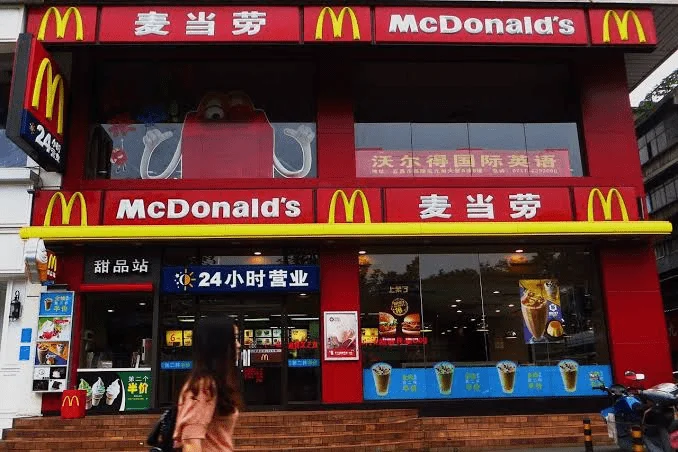On October 8, fast-food giant McDonald’s China issued a batch of 188 nonfungible tokens (NFT) to commemorate its 31st anniversary in the Chinese market.

The NFTs, dubbed “Big Mac Rubik’s Cube,” will be handed to workers and customers as part of the promotion.
The Big Mac Rubik’s Cube NFTs are modelled on the three-dimensional structure of McDonald’s China’s new office headquarters, which opened alongside the NFTs.
The NFTs are produced in collaboration with Cocafe, a digital asset development firm, and are based on the Confluux public blockchain, assuring that “each work is unique, indivisible, and cannot be tampered with.”
.@McDonalds launches #bigmac Rubik’s cube #NFT collectible on #CONFLUX in ultimate example of east meets west. #nftcollector pic.twitter.com/nj4xWY0Ltu— Conflux Network Official (@Conflux_Network) October 8, 2021
CITIC Group, a state-owned investment corporation in the People’s Republic of China, owns a controlling share in McDonald’s in China, which is also worth noting in this context.
In response to Cointelegraph’s request for comment, McDonald’s China did not react quickly.
Introducing NFTs into the market, as McDonald’s China has done, appears to be at odds with the government’s stated intention to fully outlaw all crypto activities.
Recent developments include Bitmain, a cryptocurrency mining equipment company, being compelled to cease delivering Antminer mining rigs into China due to the prohibition.
China has barred new customers from signing up for Huobi’s cryptocurrency exchange, which will shut down its whole operation by the end of this year. Although China has expressed opposition, the global cryptocurrency ecosystem has shown continuous development in recent years.
Bitcoin mining difficulty has entirely recovered according to a study published by Cointelegraph, following the migration of Chinese miners to jurisdictions with more legal protection.
